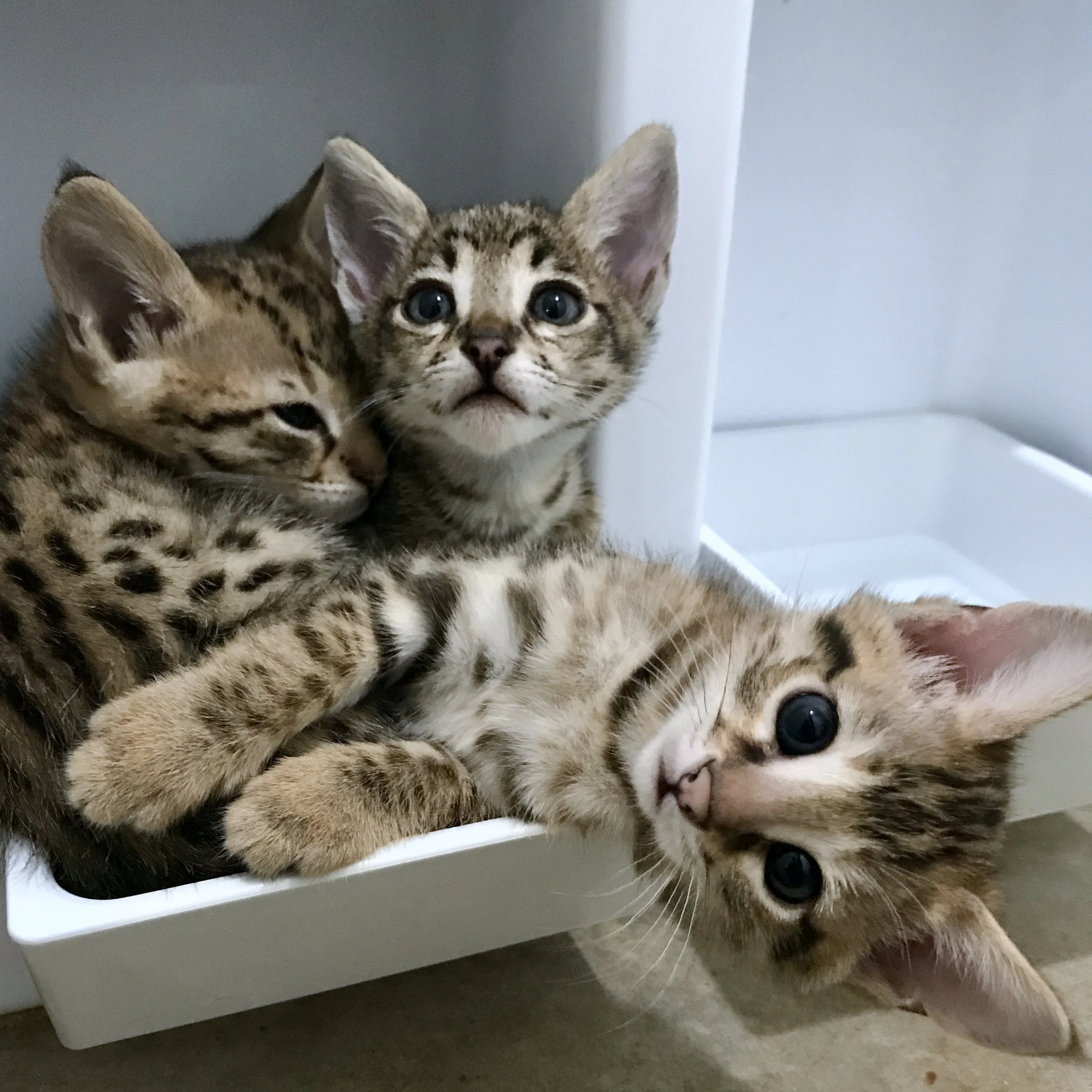Walk through any grocery store and you’ll find a large assortment of cat foods, most of which promise to be “complete and balanced,” or which purport to be better than the competition's offerings. The truth is you should probably walk on past most of these foods. Savannah cats need high quality food—not marketing gimmicks.
Health comes from within, and begins and ends with an excellent diet. You can ward off many health problems, and even prolong your cat’s life, with the right combination of nutrition and supplements.
Savannah Cat Nutrition Basics
Cats are obligate carnivores. This means they have to eat meat to remain healthy. Savannah cats are less fully domesticated than many other American house cats. They bring with them the needs of their parents or recent ancestors. So a Savannah cat who doesn’t receive a healthy diet can potentially suffer from that diet more than a traditional domesticated cat.
The healthiest diet is meat-based, and ideally raw. But balancing a raw meat diet can prove difficult, and many cat owners have neither the time nor the knowledge necessary to provide raw meat. If you want to offer a raw meat diet, we recommend reading extensively from knowledgeable veterinarians and breeders. You may also be able to purchase prepackaged raw meat.
If you’re not prepared to give raw meat a try, choose foods with meat—not meat byproduct—listed as the first ingredient. Needless carbs, especially corn, act as filler, and can be harmful if fed in large doses. Cat food must list their ingredients in order from most to least prevalent, so if corn is one of the first listed ingredients, steer clear. Some other ingredients to avoid, especially in large proportions, include:
potato
wheat
rice
Does My Cat Need Vitamins and Supplements?
Opinions on supplementation differ from breeder to breeder and veterinarian to veterinarian. It’s very difficult to ensure a cat gets everything they need with each meal, so we recommend erring on the side of caution—particularly with higher filial generations, who may have more complex nutritional needs.
Here’s what we recommend:
High-quality multivitamin
A high-quality multivitamin is pre-formulated to meet common cat nutritional needs. It covers most bases for cats who skip meals, and for those whose raw diet is not perfectly balanced. A multivitamin is not a substitute for healthy eating, but it will help your cat avoid major nutritional deficits.
Cranberry supplement
Some research suggests that cranberry can help sweep bacteria from the urinary tract. A daily cranberry or urinary health blend can help protect urinary health, particularly in male cats. If your cat has a history of urinary problems, cranberry may be the solution.
Cats, like all animals, rely on a complex colony of bacteria to keep their bodies healthy—and especially to preserve the health of the digestive tract. Good bacteria can prevent a host of gut health problems, including parasites, diarrhea, and constipation. Consider adding a probiotic to your cat, or feeding a cat food that contains probiotics. Look for ingredients like yeast, which is sometimes referred to as dried aspergillus oryzae fermentation extract.
Calcium
Calcium is especially important for preserving bone health in growing kittens. So consider either a multivitamin that is rich in calcium or a separate calcium supplement.
Omega 3-6-9 oil
Omega fatty acids have been clinically proven to fill a variety of roles. They support healthy neurons and brain development, protect organs such as the heart and liver, and can help ensure a healthy skin and coat. Omega 3, 6, and 9 supplements are especially important for cats with a history of skin or coat issues, or with allergies. We recommend using an oil, not a capsule.
Joint supplements
Savannah cats are active pets who love to run, and jump, and play. As they get older, this can become a liability, especially if they develop joint health issues. Consider giving middle aged and senior cats a glucosamine and chondroitin supplement. This can protect the health of their joints, reducing pain and lowering the risk of injury.
Talk to your breeder or veterinarian for more specific information. It’s always best to continue feeding the supplements your breeder used when your cat was a kitten, since this reduces the risk of negative reactions. If you’re not sure how to start a supplement regimen and your breeder can’t help, it’s time to talk to your vet. Have more questions? Give us a call and let us help you devise the perfect combination of supplements for your feline friend.
Click on the pictures or the hyperlink to see some of the products we recommend.
Until our next cat convo



